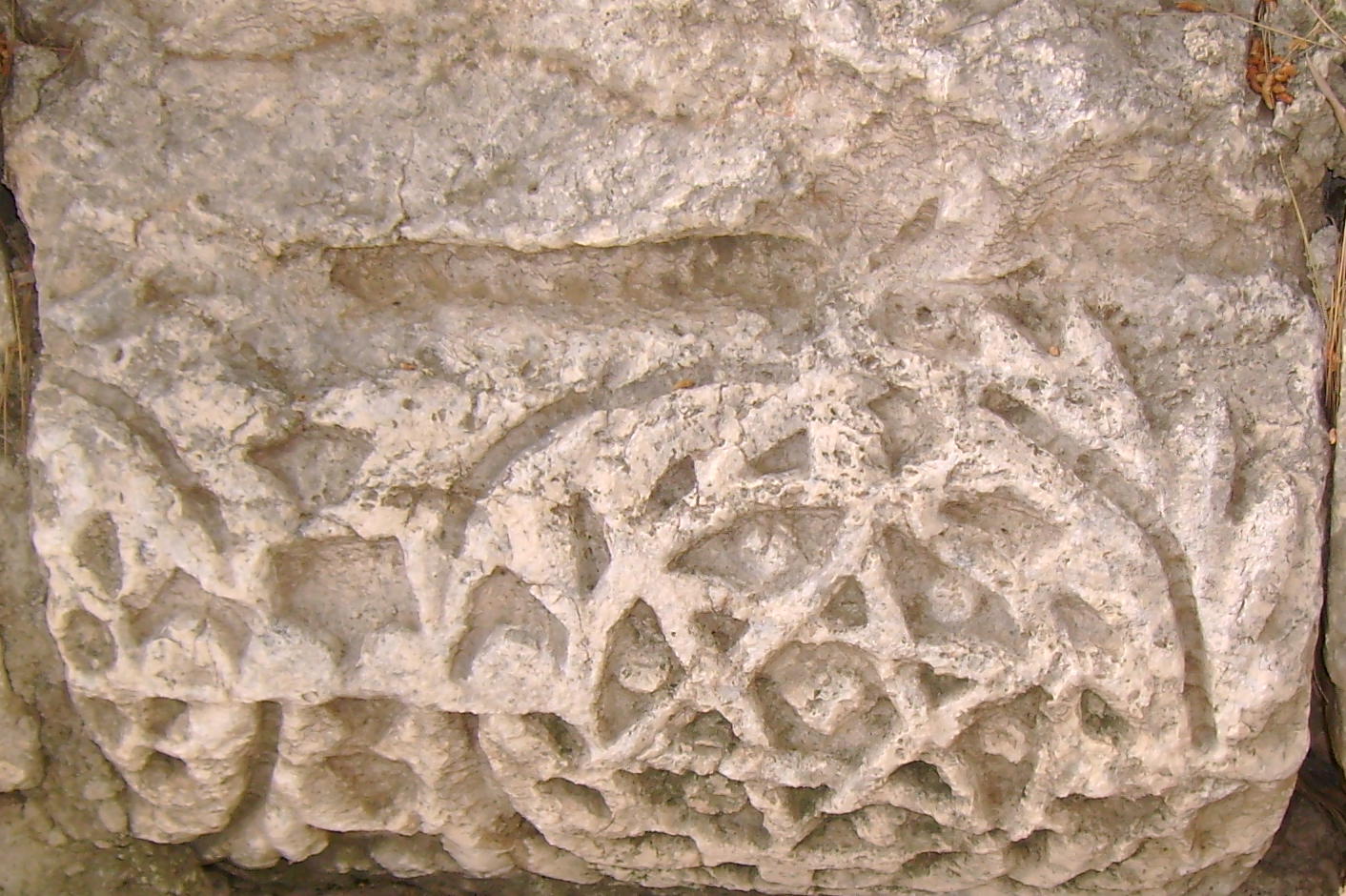I just got back from a couple of weeks in Israel, where I visited the ruins of the ancient city of Capernaum on the shores of the Sea of Galilee and saw this stone:

An “expert” at the site insisted that this stone bears the marks of a 1st century Jewish stone carver. “But,” I asked him, “as a scientist are you not bound by the strictures of methodological naturalism? Your explanation for the markings is a classic example of the ‘stone carver of the gaps’ fallacy, and you should be ashamed of yourself. The methods of science demand that we favor a naturalistic explanation for the markings on this stone, and it seems to me that ‘weathering’ is the best hypothesis. Indeed, it is the only reasonable hypothesis unless we are willing to let the IDiots get a foot in the door.”